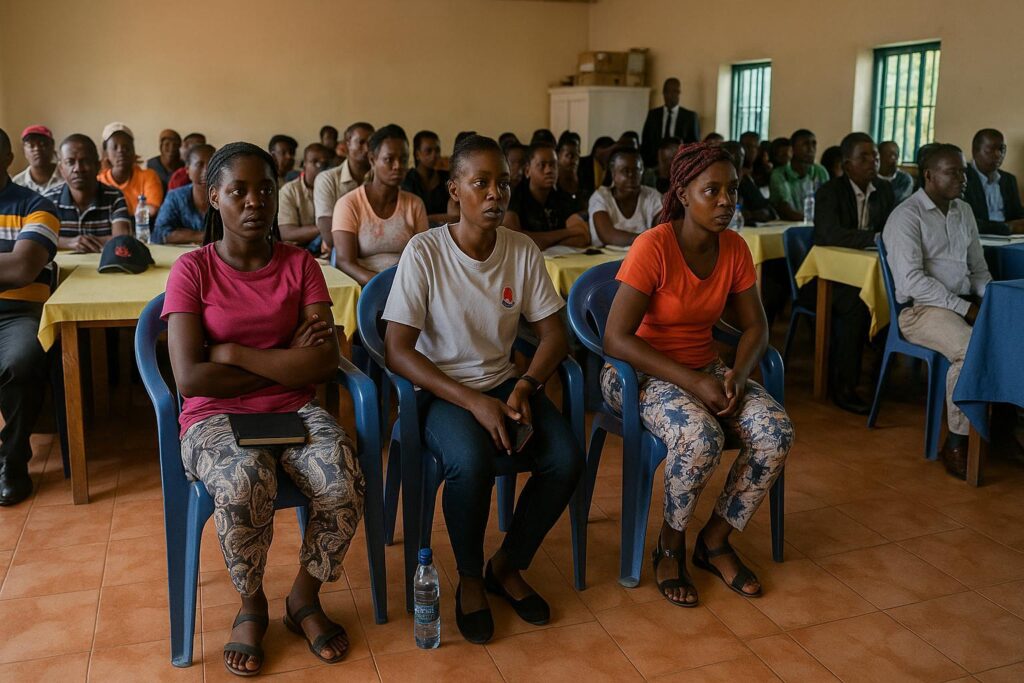Digital Literacy Push in Western Equatoria
Fifty journalists, youth activists and local chiefs spent Tuesday in an intensive workshop in Western Equatoria’s administrative centre.
The programme, led by Digital Rights Frontlines with Journalists for Human Rights, focused on spotting and challenging misleading online content.
Why Harmful Content Matters
Organisers warned that unchecked rumours and hate speech can fuel violence and erode the fragile social fabric of the state.
Isaac Fora, director-general at the Information Ministry, told attendees the training ‘meets a real community need’ and protects peace efforts.
Voices from the Workshop
Participants welcomed the skills but urged longer courses to deepen practice.
Youth leader Stephen Kazi noted the single day ‘is too short for topics this complex’.
Women’s representative Grace Wlliam said she now understands how falsehoods spread yet needs more time to test detection tools.
Scaling the Campaign
State coordinator Angeline Sani highlighted that similar sessions have already reached Upper Nile, Jonglei and Unity and will continue nationwide.
Graduates pledged to relay lessons through local radio, churches and youth networks, aiming to build a grassroots firewall against digital toxicity.
Hopes for Deeper Engagement
Fora encouraged organisers to expand future workshops to three days, citing the value of simulation exercises for critical thinking.
DRF representatives said funding constraints shape duration but promised to explore partnerships that would allow more immersive learning.
Digital Peacekeeping and the Road Ahead
Tuesday’s training underscored a wider shift: safeguarding truth online has become central to security in Western Equatoria and beyond.
As fresh cohorts step forward, officials hope informed citizens will dilute the appeal of inflammatory narratives before the next electoral cycle.


